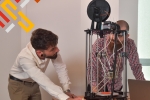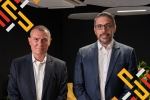Andrew Schembri is a Partner at PwC Malta specialising in IT & Cyber Security Governance, Risk and Compliance (GRC) topics. Since joining PwC Malta in 2011, he had the opportunity to work with leading organisations, both locally and internationally, helping them devise strategies to transform and improve their approach to managing technology and security risks to drive business performance, maximize efficiencies and improve stakeholder confidence. Andrew is also a Certified Information Systems Auditor (CISA) and currently serves as the firm's Digital Services Leader.
PwC Digital Services
Offering you technological innovations that lead to intelligent and quick outcomes
Our Digital Services
Business Transformation
Supporting businesses to unlock their potential, evolve and excel.
Customer-led Transformation
Delivering engaging experiences tailored to today's empowered customers.
Microsoft
Creating sustainable change with Microsoft's leading cloud products.
Oracle
Guiding companies through each step of their transformational journey.
Salesforce
Developing a new competitive edge for your business.
Tailor-made solutions
Custom-building software to take your business forward.
Data & AI
Experiencing the power of AI and Generative AI.
Cyber & Privacy
Protecting and creating business value through cybersecurity and privacy.
Stay on top of the latest tech insights

Empowering Digital Evolution
2 minute read
The Transformation Management Office (TMO) drives digital transformations by aligning initiatives with company goals and ensuring effective project governance.

5 ways Microsoft Fabric can help get your data ready for GenAI
3 minute read
The demand for data modernization is increasing, particularly with the growing need to deploy generative AI (GenAI) at scale.

AI agents can reimagine the future of work, your workforce and workers
6 minute read
Business leaders are at a crossroads with AI. On one path, there’s understandable skepticism: AI has been overhyped, and many initial investments haven’t delivered the promised returns.
Meet our Digital Services Management Team
Our Alliances
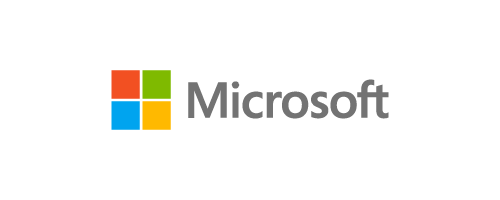
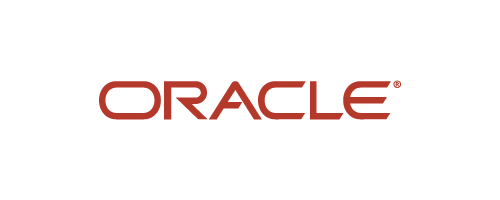


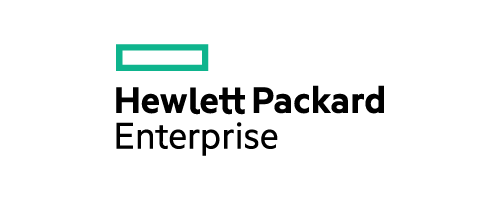
Contact us


